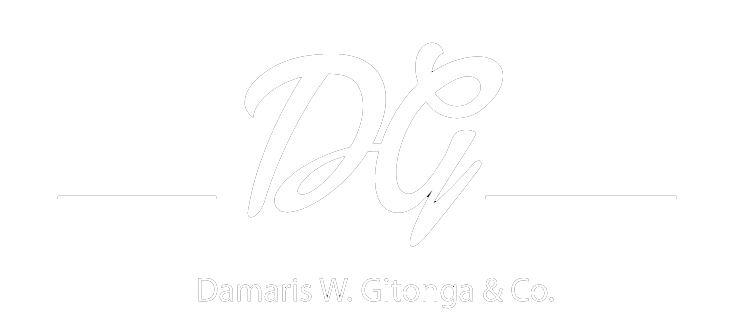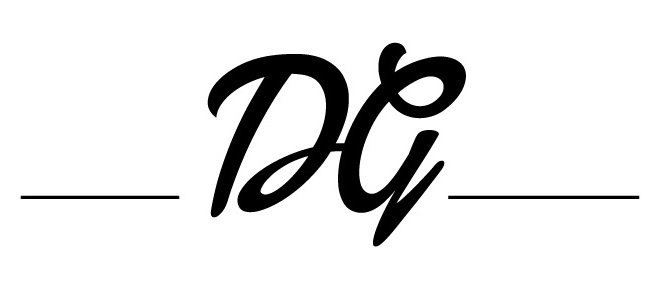The Small Claims Court
The Small Claims Court
Imagine lodging a suit in Kenya and in less than three months, you have your verdict. Imagine going for a hearing and by the end of the day, a judgment is rendered and you can begin execution. These may seem unbelievable especially to those who have tried prosecuting a case in court but well, it is a reality with the advent of the small claims courts.
People who initially had winnable cases but elected to forego them due to the high costs and terms involved in the pursuit of the claim can now breath with a sigh of relief following the operationalization of the Small Claims Courts.
Do you have a claim whose cause of action arose from; a contract for sale and supply of goods or services; a contract relating to money held and received; liability in tort in respect of loss or damage caused to any property or for the delivery or recovery of movable property; compensation for personal injuries? Is your claim against another private citizen and of a monetary value below One Million Shillings (Ksh. 1,000,000/=)? If the answer to those questions is in the affirmative, the Small Claims Court is just the right forum for you.
With fewer procedural requirements and restrictions on superfluous adjournments, the Court may perhaps see the resolution of a dispute in less than 3 months. Cases at the Small Claims Courts are heard and determined on the same day or on a day-to-day basis until final determination. Judgments are also rendered on the same day unless practically impossible in which case not later than three (3) days from the date of the hearing.
A person intending to lodge a claim must take caution to have all the facts right and take a complete case before the court. A claim once handled by the Small Claim Court cannot be entertained in the higher courts unless it is an appeal to the High Court in which case the appeal lies only on matters of law. Frivolous and vexatious claims should also be avoided because the court has the authority to award costs to the successful party.
Before you lodge a claim, there are things you should mull over.
- Jurisdiction.
Your claim must be civil in nature, i.e. between you and another person or institution, over money-related issues. Although civil cases are termed as non-criminal, there are some instances where one claim may lead to both a civil claim as well as a criminal case. Criminal cases are prosecuted by the state with you as the complainant/witness.
Matters concerning dispute over a title to or possession of land are a reserve of the Environment and Land court while those concerning employment and labor relations should be prosecuted at the Employment and Labor Relations Court.
Claims emanating from defamation, libel, slander and malicious prosecution are also specifically excluded from the Small Claims Court. You may need to consult your Wakili to confirm where your claims lie.
The claim ought to be of monetary value of less than Ksh.1, 000,000/=. Note that you cannot pursue your claim in parts in order to bring it within the limits of the Small Claims Court. Therefore, if your claim is above Ksh. 1,000,000/= pursue it in the right court.
If you have already lodged a claim before the Magistrates Courts, you are not allowed to lodge the same case at the Small Claims Courts unless the case at the Magistrates court has been withdrawn. Also, if the matter at the Magistrates Courts has already been determined, you are not permitted to file the same case at the Small Claims Court.
However, if you think that your claim currently at the Magistrates Courts is also within the purview of the Small Claims Court, the higher court may transfer your claim to the small claims court upon your request or on its own motion.
- Where do I lodge my claim?
Normally, a claim is lodged at the Court nearest to the place where the transaction/events leading to an action took place or where the respondent ordinarily resides or carries on business. Even so, any person served with a notice of claim shall be party to the proceedings of the claim.
- Who Can Bring an Action in The Small Claims Court?
A person having a right to claim may initiate action individually or through an advocate. The person may also in writing, authorize his next of kin or a close relative to prosecute the claim provided that the representative has a grasp of all the facts pertaining the claim.
- How Do I Lodge an Action at The Small Claims Court?
A claim is initiated by lodging a statement of claim in the prescribed form together with all the documentary exhibits that will be relied at the hearing. A claim may also be initiated orally before an officer of the court provided that the officer shall reduce the claim into writing and have the claimant sign the same.
A statement of claim should also be written with clarity and supported by all the necessary evidence. A proper claim should state the claimant’s personal details, the respondent’s personal details, nature of the claim, a brief explanation of the circumstances under which a claim arose supported by all the necessary documents and the remedy or relief sought.
- Appeal.
A person aggrieved by the decision of the Small Claim Court may appeal to the High Court on matters of law only. The decision of the High Court exercising its appellate jurisdiction shall be final. This emphasizes the importance of clarity in your statement of claim and accurate research on matters of law before lodging a claim. You may need to consult a qualified legal practitioner on matters of law.
- Enforcement
The enforcement mechanism of the Small Claims Court is similar to that of other superior Courts. Where the judgment debtor fails to pay the judgment holder any sum payable under a decree or an order of the court, the court has authority to order execution by attachment and sale of the judgment debtor’s immovable property if their movable property is insufficient to satisfy the decree.
The court also has authority to order the attachment of the salary of the judgment debtor and or order deposit of security in satisfaction of the sum payable.
Conclusion.
The Small Claims Court is predicted to assist in expeditious resolution of commercial disputes. Even though the Court has less stringent procedures, inexpensive and the cause of action rather direct, the Small Claims Courts should not be taken as a place of trial and error. It is a Court of serious business and those who decide to go before it should mean business.
Damaris W Gitonga & Co would be pleased to assist you in matters to do with small claims. For any inquiries, please contact us on 0114379312. We are here to help.

